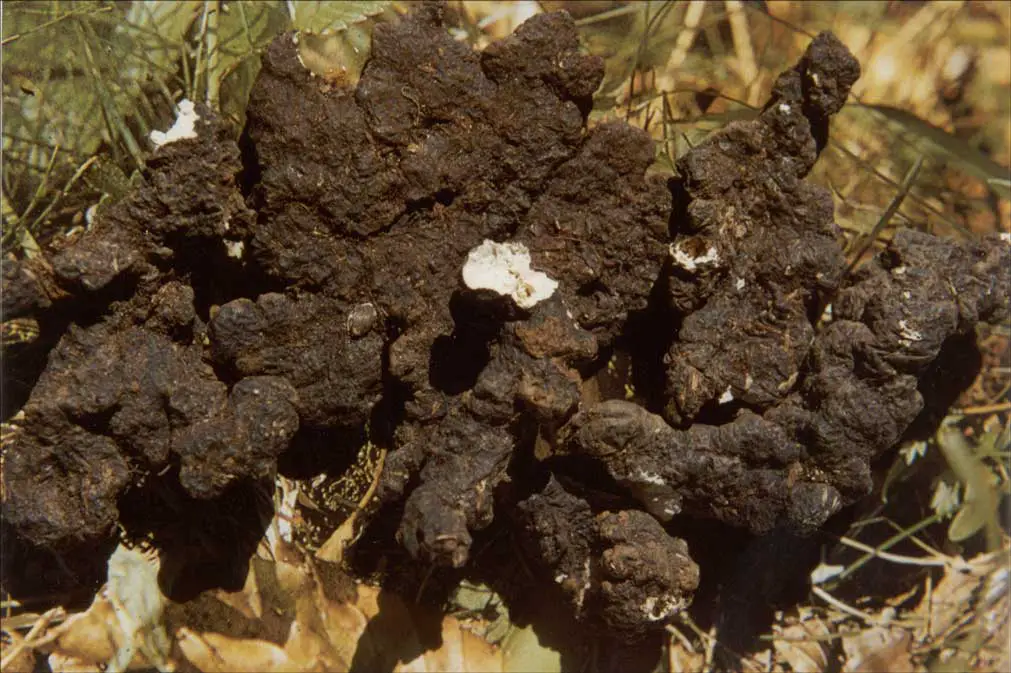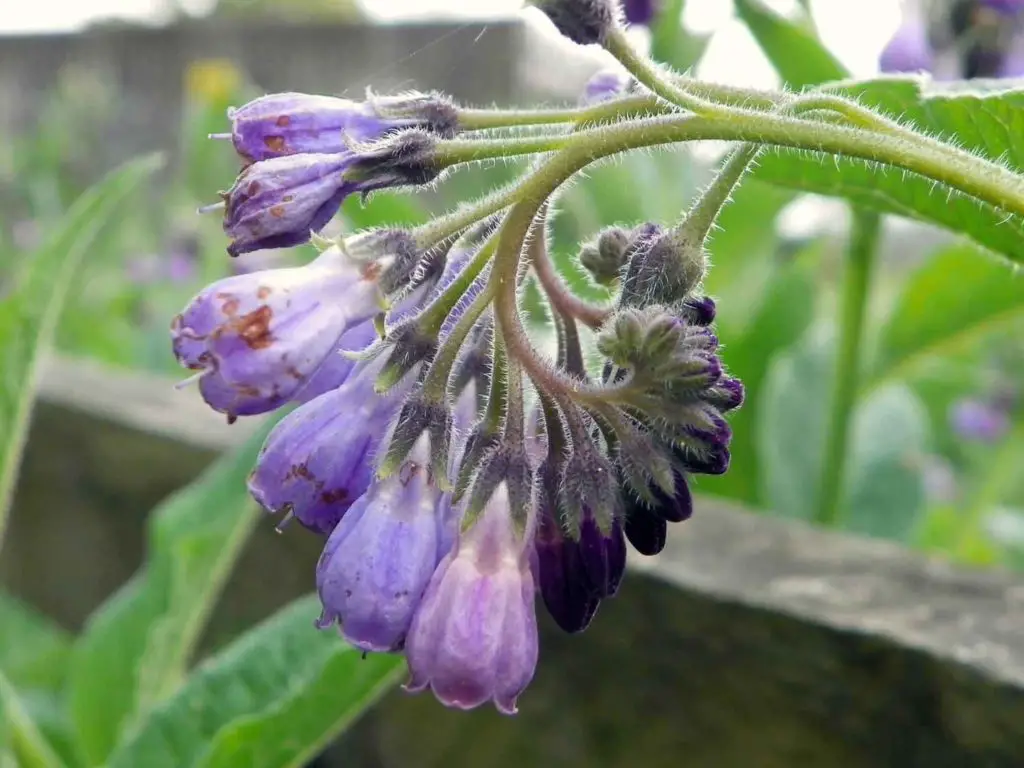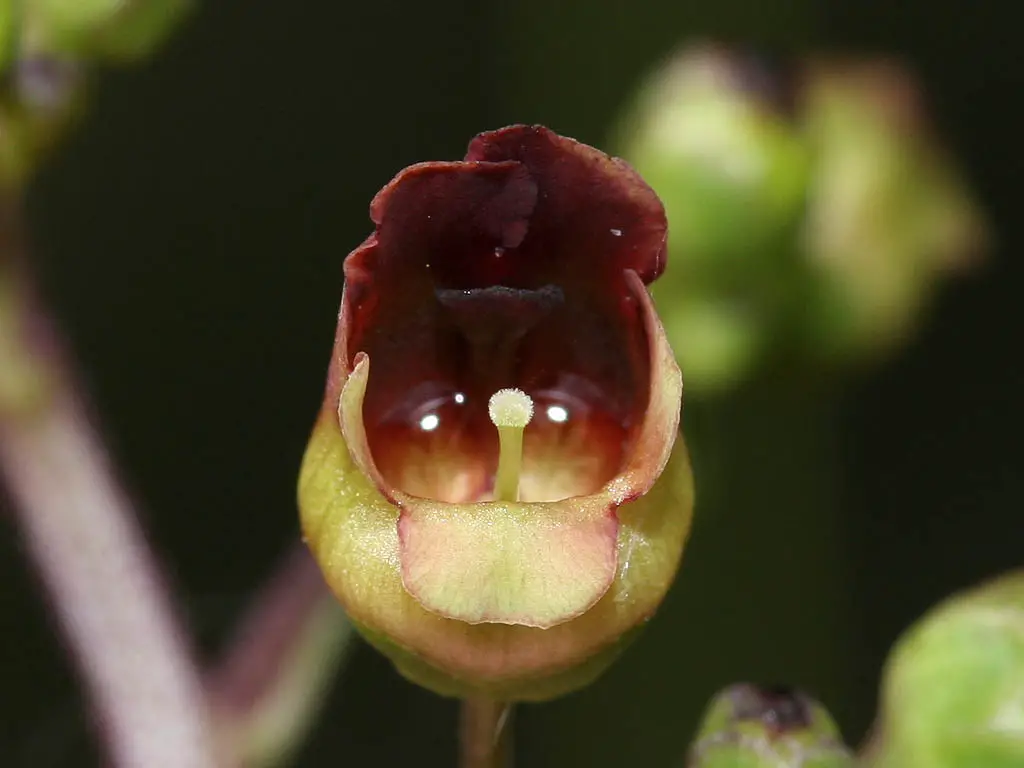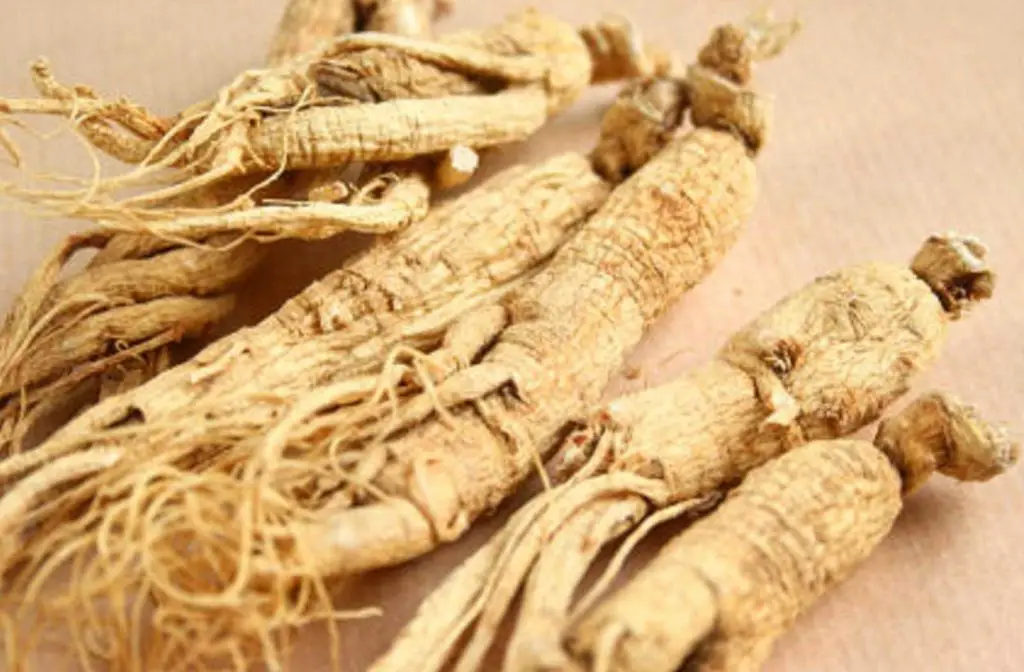What is Poria?
Poria also known as Fu Ling (茯苓) and WolfiPoria Extensa, is a fungal growth that is widely used throughout Asia for its medicinal properties. In China, the fungus is known as fu ling and its usage in Chinese traditional medicine dates back over 2000 years. Poria is a ‘wood decay’ fungus with a subterranean growth, resembling a potato, which is called a sclerotium and develops on the roots of pine trees. The sclerotium can be up to 30 cm in length and weigh up to 1 kg. All of its components are believed to be of medicinal value. After the Poria is harvested, it is placed in the shade and left to dry in the open air.
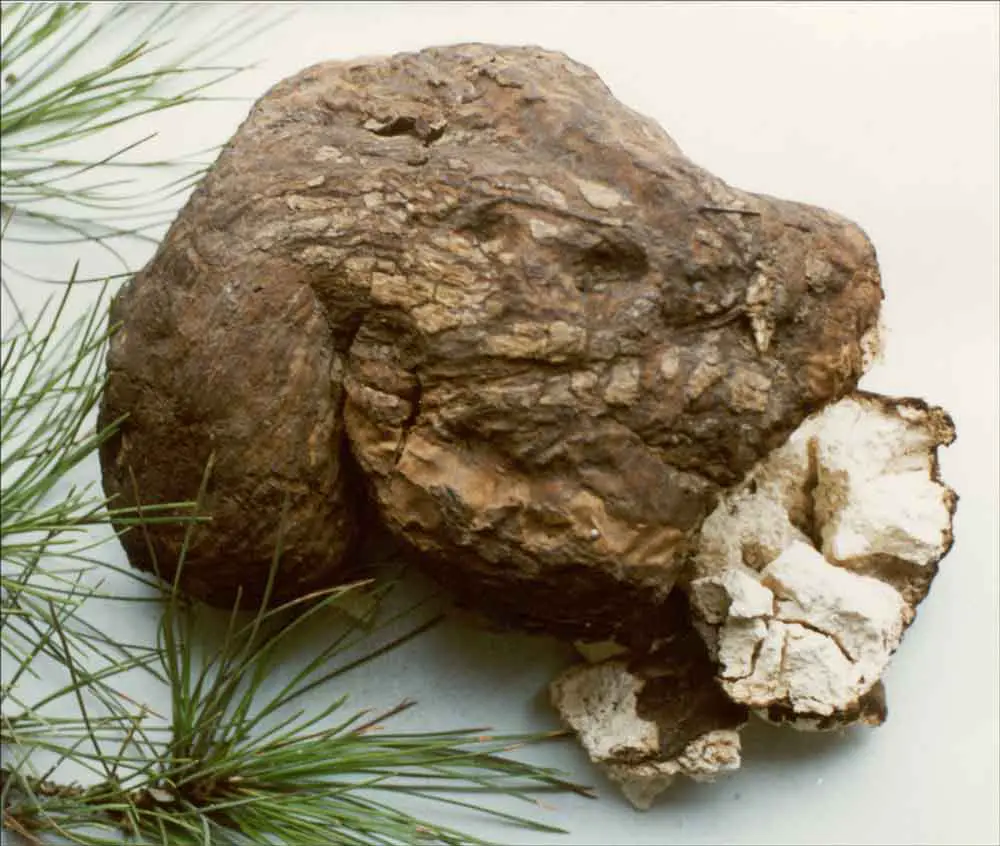
Poria varies in colour from pale red to white, although it is most commonly found in a light shade of brown. The fungus is odourless and slightly elastic to the touch. It is considered to have a sweet, if somewhat, mild taste and for some time it was used as a flavouring and healthy addition to various delicacies that were baked and served to the royal family. The fungus is considered to be one of the Eight Treasures of Chinese herbalism and as such is often used in concoctions alongside other medicinal plants. Poria is such an important part of Chinese traditional medicine that the 2000 Pharmacopoeia of the People’s Republic of China claims it is present in 10% of all the preparations listed within. Poria can be bought in several different forms, but it is often found either powdered or in a roll, resembling very pale cinnamon bark; it can be bought by the pound. Poria is sometimes known by the poetic phrase, the ‘medicine of immortality’.
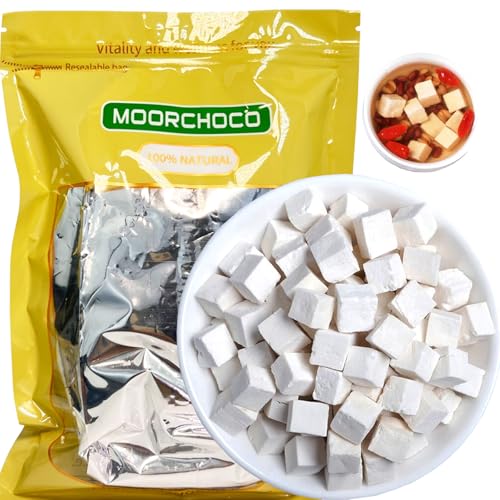
Poria Benefits and Uses
It has been scientifically demonstrated that Poria is constituted of two main chemical groups, polysaccharides and triterpenes. It is also a source of histadine, enzymes, choline, steroids, potassium salts and amino acids, which are believed to help with the medical efficacy of the fungus.
Traditionally, Poria has been used in the treatment of insomnia, to rebalance electrolytes and to improve spleen function; it is also thought that the fungus has the ability to drain excess dampness from the body. In addition to its perceived ability to treat the aforementioned problems, modern alternative health practitioners also believe that Poria is capable of bestowing a variety of other health benefits on those who take it:
Immune Booster
Results from animal studies suggest that Poria may have the ability to provide a boost to the immune system of those who use it.
Anti-inflammatory
The anti-inflammatory properties of Poria make it useful for the treatment of a variety of skin problems including spots and psoriasis. It can also be used in moisturizers and is increasingly being added to products by cosmetic companies due to the calming effect it has on skin.
Diabetes
There is some limited evidence to suggest that Poria may provide assistance in helping to manage diabetes. It has been demonstrated that mice, treated with the fungus, showed an improvement in insulin sensitivity and a decrease in their blood glucose levels. However, as of yet, there is a lack of clinical data to back up these results in humans and more information is required before Poria can be trusted as a reliable treatment in this area.
Insomnia / Anxiety
Practitioners of traditional Chinese medicine, believe in the concept of shen; this translates roughly to ‘mind’ or ‘spirit’. They believe that Poria is able to target disturbances within a person’s shen and that it therefore relieves stress and has a calming effect on the minds of those who use it.
Contact dermatitis
Human studies have been done which demonstrated that an emollient cream made from Poria was beneficial in treating the early stages of contact dermatitis. It had also shown that the cream did not irritate the healthy tissue surrounding the inflamed areas of skin. Results from the study showed that Poria was effective in blocking one of the enzymes that is key in producing an inflammatory reaction. Animal studies have been done on mice as well, where the results support the conclusion that Poria can be a helpful treatment option for those suffering from dermatitis.
Digestive Aid
Poria is used to aid those suffering from problems with their digestive system such as constipation or diarrhea.
Increased cerebral blood flow
Animal studies on rats, have shown that Poria has the potential to increase blood flow to the brain and proponents of Chinese traditional medicine believe that it is in turn capable of maximizing an individual’s potential intelligence and improving the symptoms of those suffering from memory loss.
Diuretic
Poria helps to increase urination and is therefore often used in the treatment of problems with the urinary tract.
In addition to the potential health benefits listed above, Poria is also anti-bacterial, anti-viral and an anti-oxidant, meaning that to it can help prevent cellular damage.

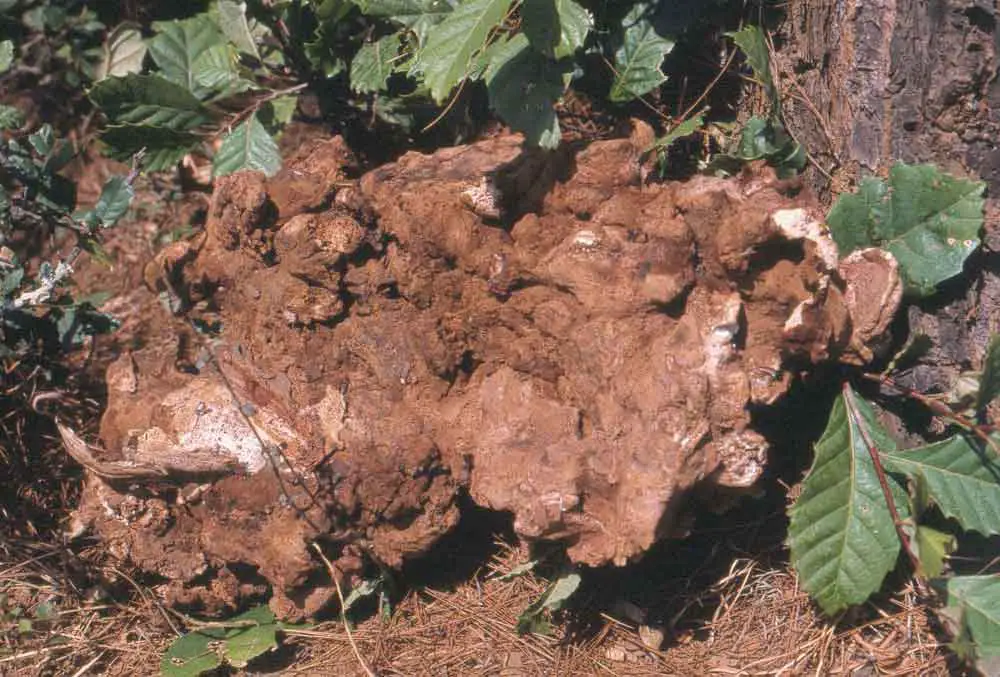
Cinnamon and Poria
One popular Poria-based treatment, involves combining the fungus with cinnamon. It is believed that this mixture of components, often sold in tablet form, is capable of increasing blood circulation in the pelvic regions of both men and women. Poria and cinnamon, when working in conjunction, are thought to relax the blood vessels in the lower body. For these reasons, this combination is used to treat menstrual tension.
Poria and cinnamon are also used by herbalists to treat infertility. Cinnamon, on its own, is thought to improve blood circulation, to regulate blood sugar and to strengthen the uterus. When combined with Poria, is used to help prevent pelvic and uterine congestion. This combination is considered to be helpful in treating dysmenorrhea, endometriosis and fibroids.
Want an all around herb? Poria is an Immune Booster, Anti-inflammatory, and beneficial for Anxiety. Get it => here
— MedicinalHerbals (@MedicinalHerbal) February 28, 2017
If you’re looking into other TCM herbs, you can also check out Cistanche or Eucommia Bark.
Poria Dosage Information
Cinnamon and Poria: 3x 500mg tablets 2x per day.
Poria Dosage: There are no precise dosages recommended for the use of Poria. However, alternative health practitioners routinely recommend doses varying between 3 – 45g per day depending on the condition being treated.

Poria Side Effects, Safety and Interactions
There are no known problems associated with taking Poria, However, as there is a lack of clinical data on Poria use in humans, to be safe, it should be avoided throughout pregnancy.
As with any other form of medical treatment, in the event that undesired side effects occur usage should be stopped immediately and, if necessary, help sort from an appropriate medical practitioner.
According to traditional Chinese medicine, Poria is contraindicated with vinegar; the two substances are antagonistic and should not be combined. The Chinese Pharmacopeia also states that Poria is contraindicated with spermatorrhoea, polyuria and urogenital prolapse.
References:
https://books.google.ca/books?redir_esc=y&id=D68I9MshwM4C&q=poria#v=snippet&q=poria&f=false
https://www.researchgate.net/publication/12862997_Observation_on_the_effects_of_Chinese_medicine_Zhenxuanyin_for_improving_cerebral_blood_flow_in_rats_with_cerebral_ischemia
http://onlinelibrary.wiley.com/doi/10.1111/j.0909-752X.2006.00168.x/abstract;jsessionid=2EEC732596DFBCA35774CBD0585E3E3E.f02t01
http://www.ncbi.nlm.nih.gov/pubmed/9085556
http://www.ncbi.nlm.nih.gov/pubmed/24956845
http://www.worldscientific.com/doi/abs/10.1142/S0192415X02000600?url_ver=Z39.88-2003&rfr_id=ori%3Arid%3Acrossref.org&rfr_dat=cr_pub%3Dpubmed&
http://www.sciencedirect.com/science/article/pii/0192056195001034

